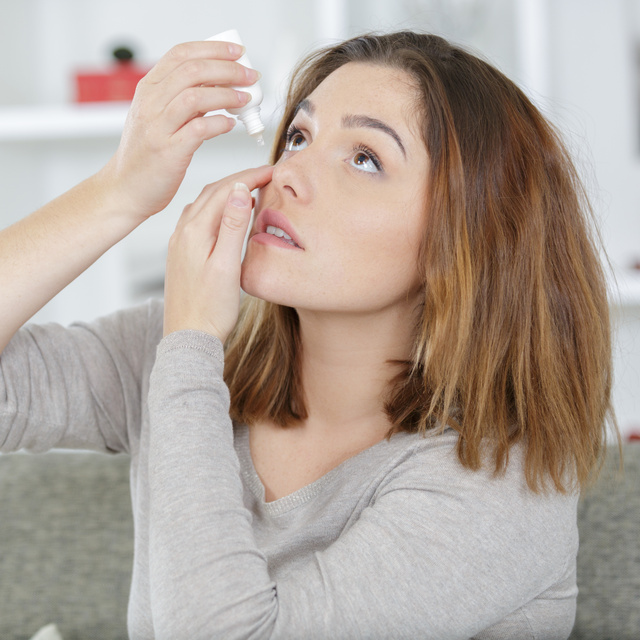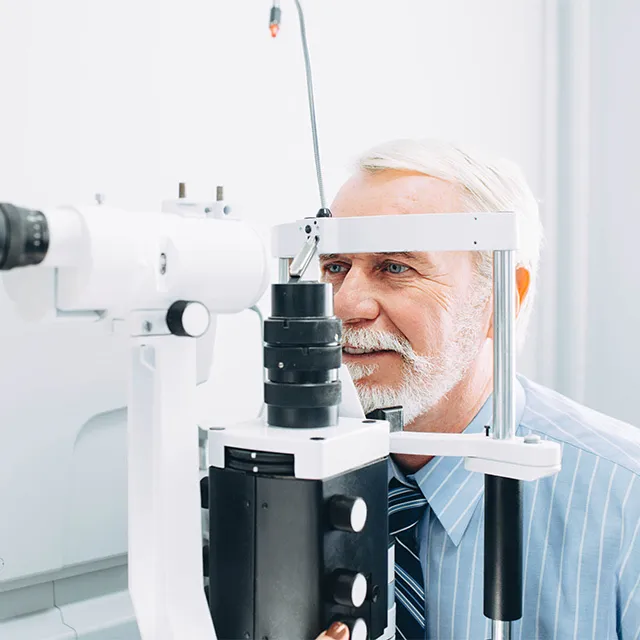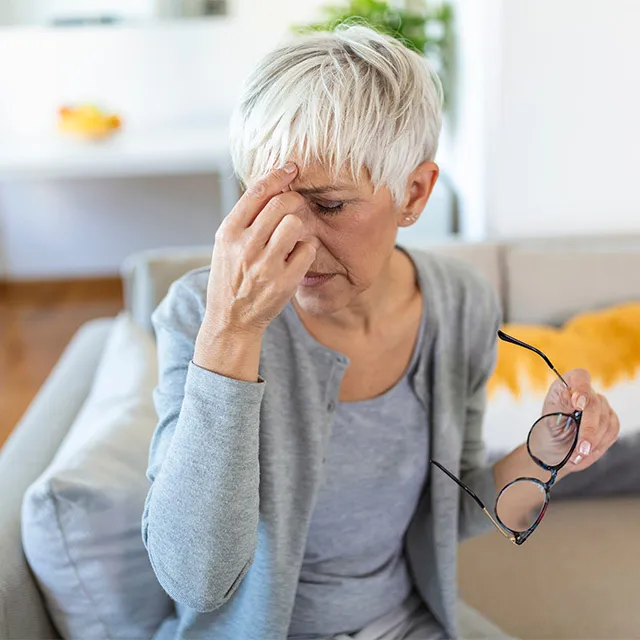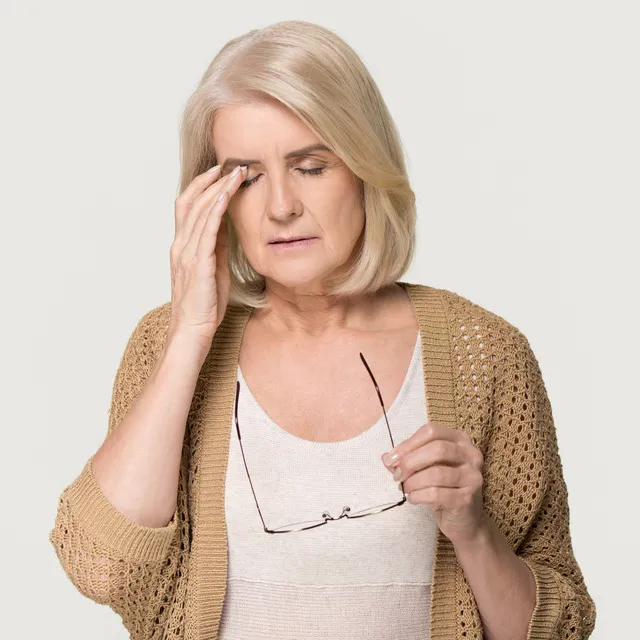
Dry eye syndrome can result from various causes, including certain types of medications that have been identified as potential contributors to this condition. Typically, this occurs as a side effect of the medication's primary purpose.

Common Medications Associated with Dry Eye Syndrome

Many people may not realize that their drugs can contribute to dry eye symptoms. These medications can affect tear quantity or alter the quality of tear composition.
It's essential to recognize that dry eye can be a potential side effect of various medications. This can go a long way in finding the most appropriate treatment options.
Acne Medicine: Retinoids for Severe Acne
If you're dealing with severe and painful cystic acne, your primary physician may have prescribed retinoid drugs. These medications work by diminishing the production of facial oils, but unfortunately, they can also reduce the amount of lubricating oils in your tears, contributing to dry eyes.
Antihistamines for Allergy Relief
Antihistamine drugs can be vital for allergy sufferers, alleviating symptoms like sneezing, runny noses, and itchy eyes. However, they can have the unintended side effect of reducing tear production, leading to dry eye symptoms.
Sleeping Pills, Certain Antidepressants, and Medications for Parkinson's Disease
Medications in these categories often work by blocking some nerve cell signals. While they may help with their intended purposes, they can also interfere with the signals that stimulate tear production, potentially causing dry eye symptoms.
Hypertension Drugs
Beta-blockers are commonly prescribed to lower blood pressure by blocking the body's response to adrenaline. While they can be effective in this regard, they also slow the heartbeat and reduce the force of blood on arteries. These drugs can also lead to a decrease in aqueous tear production, resulting in dry eye symptoms.
Hormones and Birth Control Pills
Certain hormone pills, particularly estrogen-only formulations, have been linked to dry eye syndrome. These medications can affect tear composition and contribute to dry eye symptoms.
Pain Relievers: Over-the-Counter Medications
Some over-the-counter medications, such as high doses of ibuprofen, may lead to dry eye symptoms. They can decrease tear secretion and cause eye discomfort.
Dealing with Dry Eye-Related Side Effects
While the list of medications above offers some insight into the typical culprits behind dry eye, it's crucial to remember that dry eye symptoms can emerge as an unexpected side effect of various medications or combinations of drugs.
It is important to note that you should never stop taking your prescribed medications without explicit guidance from your healthcare provider. Doing so without professional oversight could result in more severe health problems and may not necessarily alleviate symptoms of dry eyes.

Dry Eyes in Irwin

Meet our Eye Doctors

- Monday 8:30 am - 6:30 pm
- Tuesday 8:30 am - 7:30 pm
- Wednesday 8:30 am - 7:30 pm
- Thursday 8:30 am - 6:30 pm
- Friday 8:30 am - 5:00 pm
- Saturday 8:30 am - 12:00 pm
- Sunday Closed
- VSP
- Medicare
- United Healthcare
- Cigna
- Spectera
- Medicaid
- Anthem
- National Vision Administration (NVA)
- EyeMed
- Anthem Blue Cross Blue Shield
- VBA
- Blue Cross
- MetLife
- Aetna
- UPMC Health Plan

Dry Eye Management and Treatment
If you find yourself experiencing dry eye symptoms in connection with your medication regimen, the most prudent course of action is to promptly seek consultation with both your eye specialist and primary care physician.
This collaborative approach ensures a comprehensive evaluation of your condition, enabling healthcare professionals to determine the best course of action to manage and alleviate dry eye-related side effects.
At Your Family Eye Doctors - North Huntingdon, we'll evaluate your condition and medical history to determine the underlying cause and develop a personalized treatment plan. Take the first step towards a healthier you—schedule an appointment today and let us guide you on the path to wellness!





